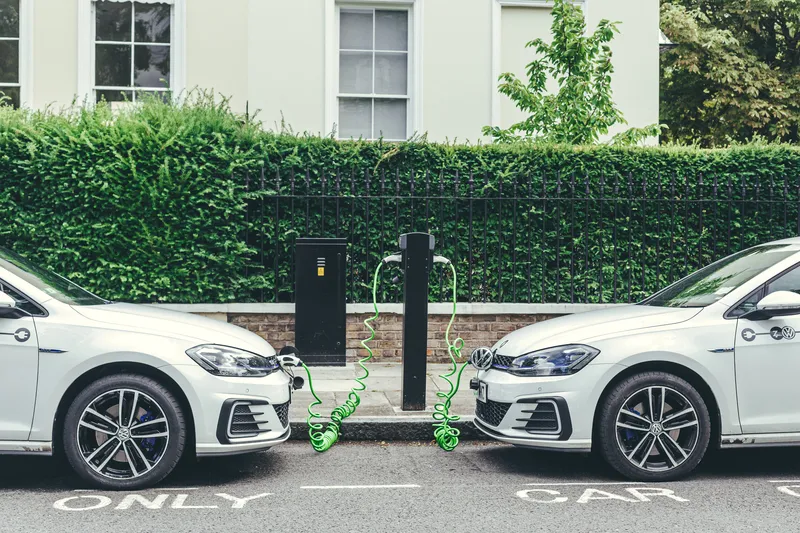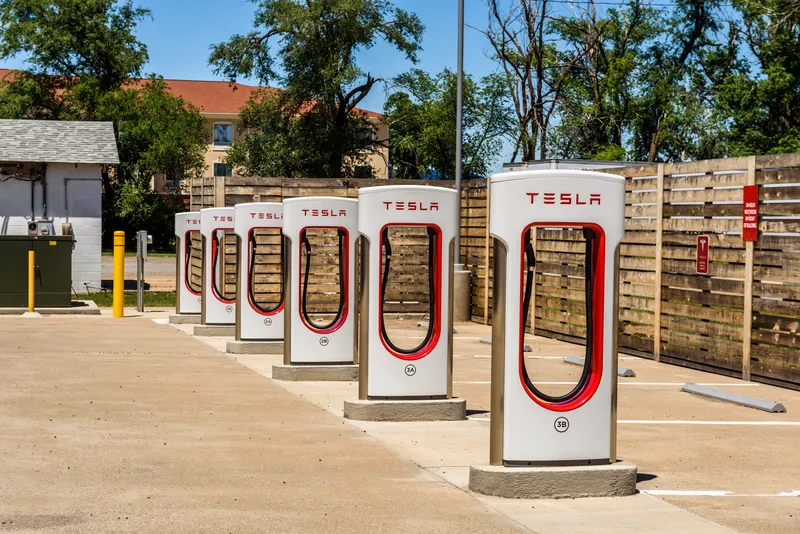
BBC News stated that, according to leaks, Downing Street had asked government departments to delay, water down or not commit to eight environmentally-related themes, including the ban on new petrol and diesel cars from 2030.
In addition to the ban on new fossil fuel car sales within seven years, the UK government had also committed £1.6bn to expand the UK's EV charging network, and has said that around 300,000 public chargers are expected to be available by 2030.
The reports of the UK's delay of a new fossil fuel vehicle ban drew an angry response from Ford UK chair Lisa Brankin. Sky News reported that she said in a statement: “Three years ago the government announced plans to start selling electric cars and vans in the UK from 2030. The auto industry is investing to meet that challenge.”
She added: “Our business needs three things from the UK Government: ambition, commitment and continuity.
“The 2030 waiver will weaken all three. We need a trained policy focus to boost the EV market in the short term and support consumers in adverse conditions: infrastructure remains immature, tariffs rising and the cost of living high."
The European Union currently plans to ban the sale of new petrol and diesel cars by 2035. Italy's right-wing coalition government led by Prime Minister Giorgia Meloni has called on the EU to delay its move towards a total ban on new fossil fuel car sales. Italy is reported to have only 30,856 EV charge points compared to the much smaller Netherlands which has 114,310 (source: Honda Engine Room - https://www.honda.co.uk/engineroom/cars/electric-car-charging-europe-guide/).
Do you think other governments will follow the UK and delay bans on new petrol and diesel car sales? Take the poll over on our LinkedIn page:
https://www.linkedin.com/feed/update/urn:li:activity:7110221811274928128









